One year into the full-scale Russian invasion, Ukrainian chemists persevere despite tough conditions
It’s December 2021; I’m washing the final batch of glassware and tidying up my lab space before leaving for Christmas break, optimistic about the next year as the lab workflow is gradually returning to normal after Covid-19 lockdowns. One of my plans for 2022 is to spend more time on science outreach, including preparing materials in my native language, Ukrainian. I do indeed spend most of the next year on outreach, albeit of a very different kind: raising awareness about the full-scale Russian invasion of my home country.
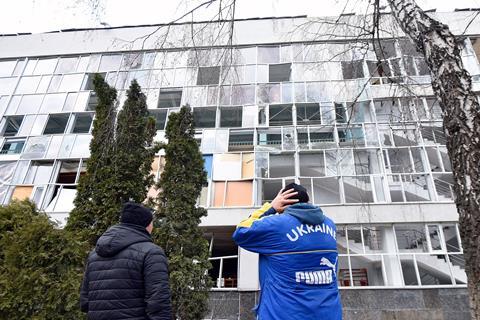
On 24 February, 2022, the plans of chemists in Ukraine were disrupted much more drastically. Since then, Russian shelling regularly destroys educational and industrial facilities. Even New Year’s Eve didn’t pass without attacks that damaged multiple buildings on the Taras Shevchenko National University of Kyiv campus, among other places. The death toll of Ukrainian scientists keeps rising too.
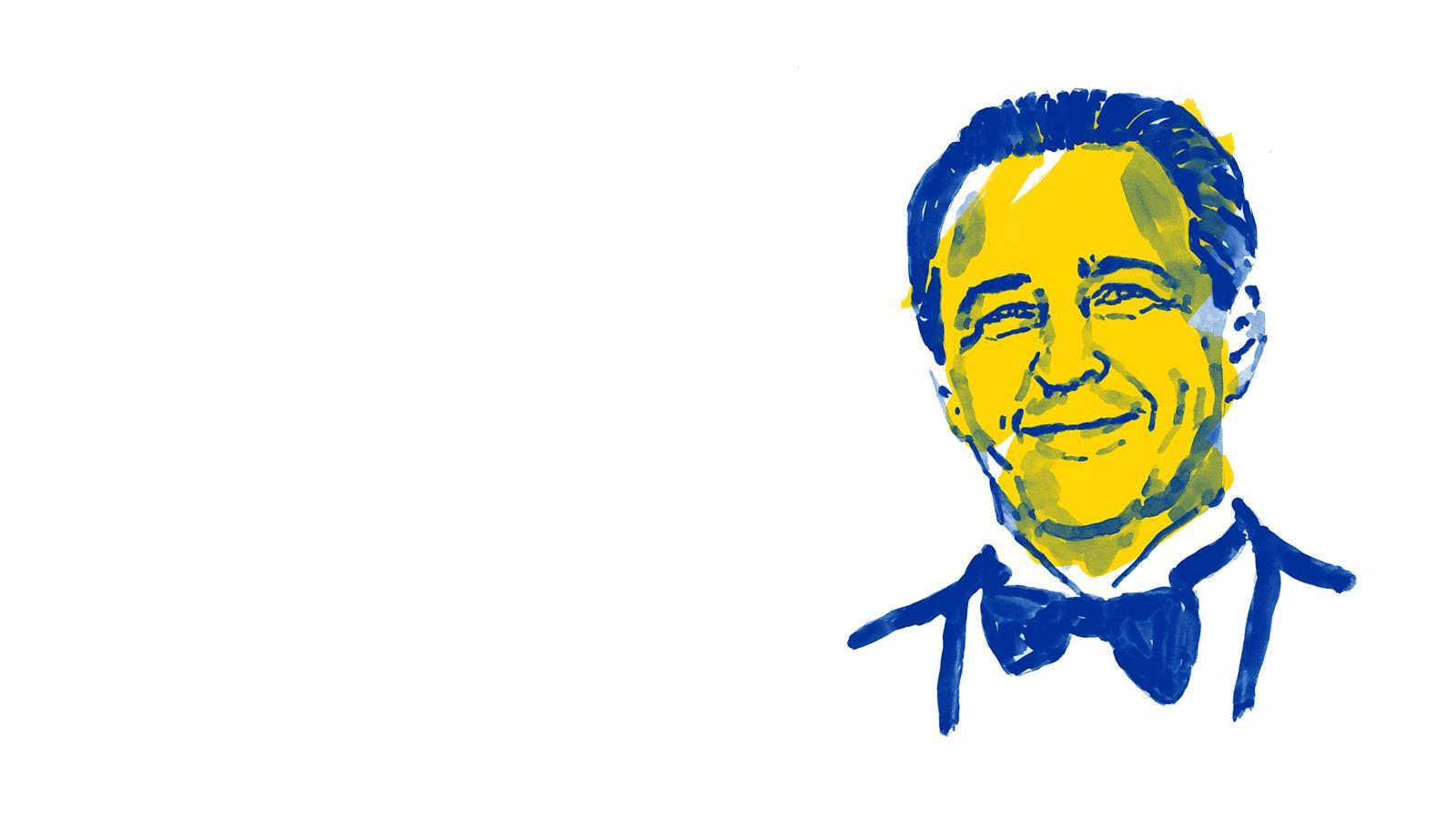



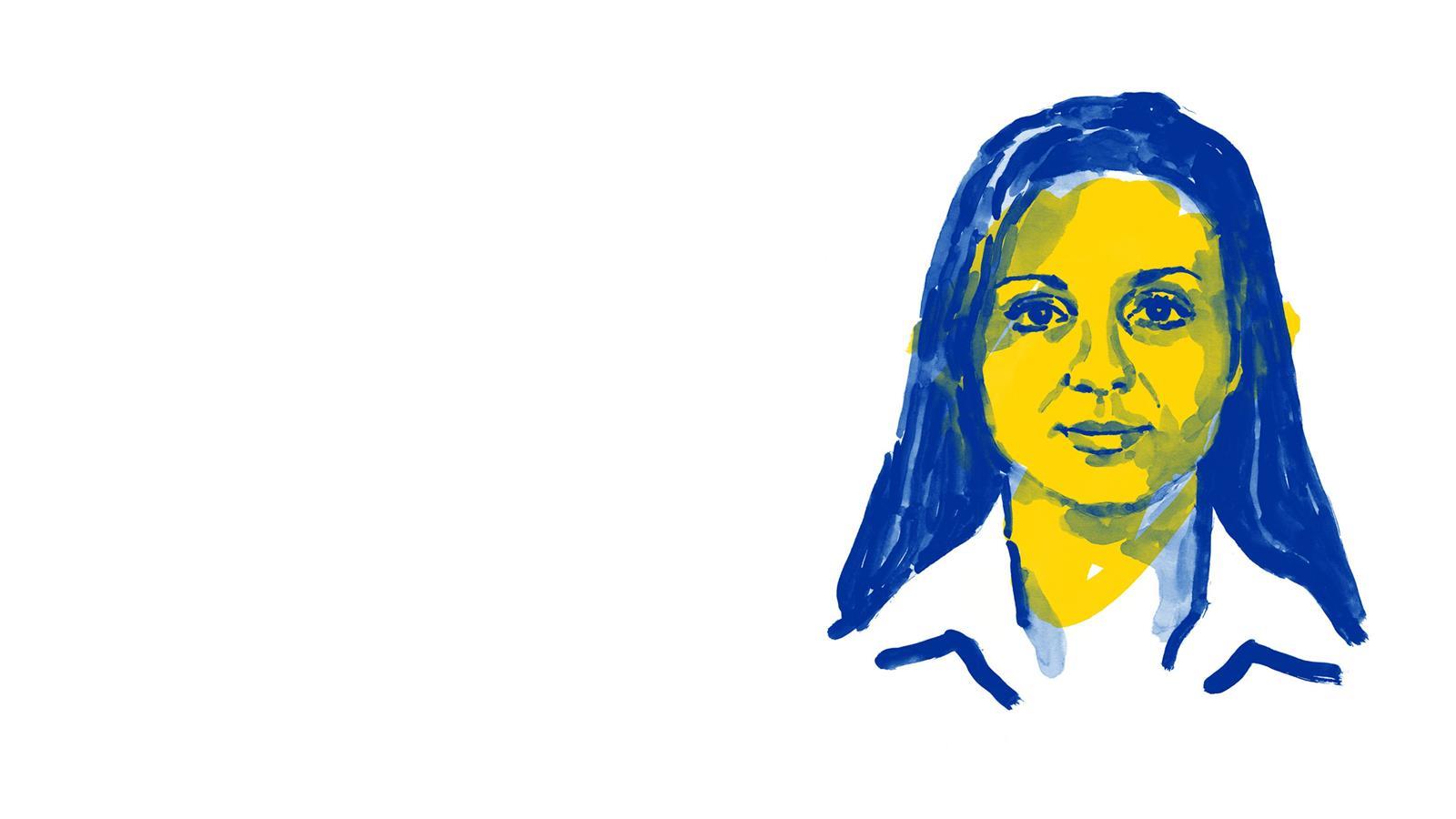



Grygoriy Dmytriv is the dean of the faculty of chemistry at the Ivan Franko National University of Lviv. Early in the invasion many students dedicated their time to volunteering with charities; some served in the armed forces. Dmytriv remained in Lviv and has been working throughout the war
‘We took a breather, thanked our armed forces and are now back to work.’
‘Lots of students came back from abroad, and since September everything has stabilised.’
‘Any help in getting backup power supplies would be very much appreciated. For now, we have one that can cover the basic needs of one lab, but we have four departments.’
Senior research fellow Liudmyla Solianyk left Bucha district for the western part of Ukraine after her village took heavy damage in February 2022. During those attacks her family hid in a well to avoid missile strikes; leaving was also dangerous as it took her past Russian troops. She returned home last summer and is completing her doctoral dissertation at the Institute of Colloid Chemistry and Water Chemistry
‘Being in our own home lifted our spirits a lot, but it got challenging in autumn.’
‘A missile landed – luckily it didn’t hit the house. It left a 7-metre crater.’
‘After seeing what we saw and surviving, you become stronger, and different.’
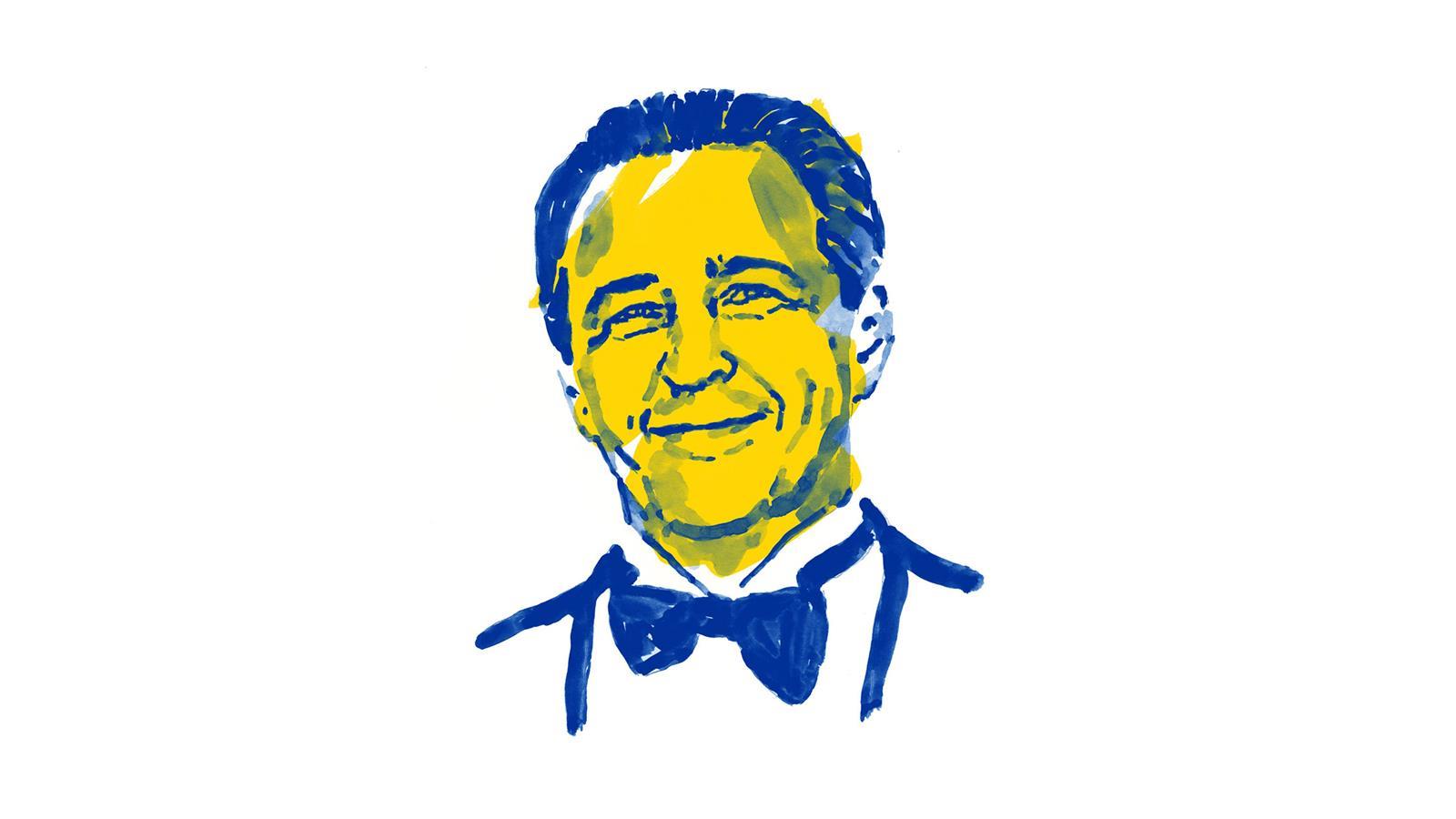



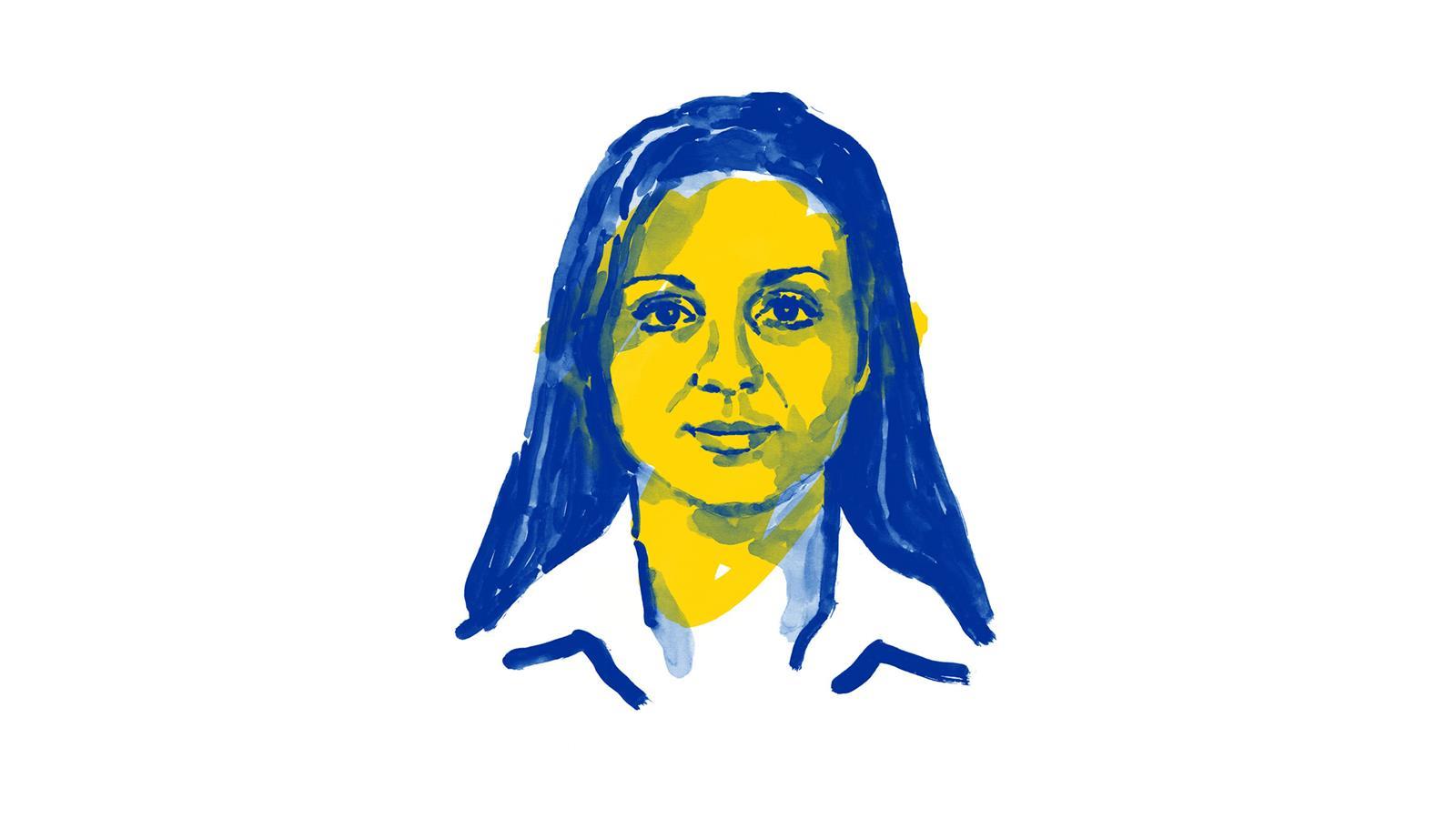



Grygoriy Dmytriv is the dean of the faculty of chemistry at the Ivan Franko National University of Lviv. Early in the invasion many students dedicated their time to volunteering with charities; some served in the armed forces. Dmytriv remained in Lviv and has been working throughout the war
‘We took a breather, thanked our armed forces and are now back to work.’
‘Lots of students came back from abroad, and since September everything has stabilised.’
‘Any help in getting backup power supplies would be very much appreciated. For now, we have one that can cover the basic needs of one lab, but we have four departments.’
Senior research fellow Liudmyla Solianyk left Bucha district for the western part of Ukraine after her village took heavy damage in February 2022. During those attacks her family hid in a well to avoid missile strikes; leaving was also dangerous as it took her past Russian troops. She returned home last summer and is completing her doctoral dissertation at the Institute of Colloid Chemistry and Water Chemistry
‘Being in our own home lifted our spirits a lot, but it got challenging in autumn.’
‘A missile landed – luckily it didn’t hit the house. It left a 7-metre crater.’
‘After seeing what we saw and surviving, you become stronger, and different.’
Now, with Russia targeting critical infrastructure, power outages have become an unwelcome addition to existing adversities. When visiting my family in Ukraine in December, I was taken aback by how surreal a big city looks with close to zero street lights on. And while it’s simple enough to carry a torch to avoiding breaking one’s leg in a dark alley, it is much more challenging to maintain a work routine amid constant and sometimes unpredictable blackouts, which also severely affect mobile and internet connections – not to mention that people’s daily errands are constantly interrupted by air raid sirens. I couldn’t help but wonder how people manage to stay productive when faced with such conditions. Of course, this is another example of Ukrainian resilience. But the constant stress takes its toll and not everyone has the mental and physical resources to adapt. And many in Ukraine, scientists included, struggle to make any long-term plans in conditions of such uncertainty.
The amount of help and support provided to Ukraine since February 2022 is truly unprecedented. The commitments made by international representatives to support our country until victory, and later to rebuild, are reassuring and very much appreciated. However, for many Ukrainians, including me, the anxiety that the world might forget about this war won’t go away until Ukraine’s victory. One year into the full-scale invasion, media coverage has gradually but noticeably dropped, while Russia’s brutal attacks continue. Similarly, we see less coverage of other events that enter a protracted phase where people still need support and solidarity, such as the protests in Iran. As attention wanes, so does the understanding of people’s struggle, as well as the offers of tailored opportunities for those in particularly adverse circumstances. This means that only exceptionally resilient, lucky or relatively privileged people can persevere, which is not the best way to harness human potential globally. Even when opportunities are there, they cannot address every important issue if the directly affected people are not involved in decision-making. The follow-up series of interviews with Ukrainian chemists shows that, while adapting, scientists in Ukraine need help as never before, and they also have ideas on what would be most helpful.
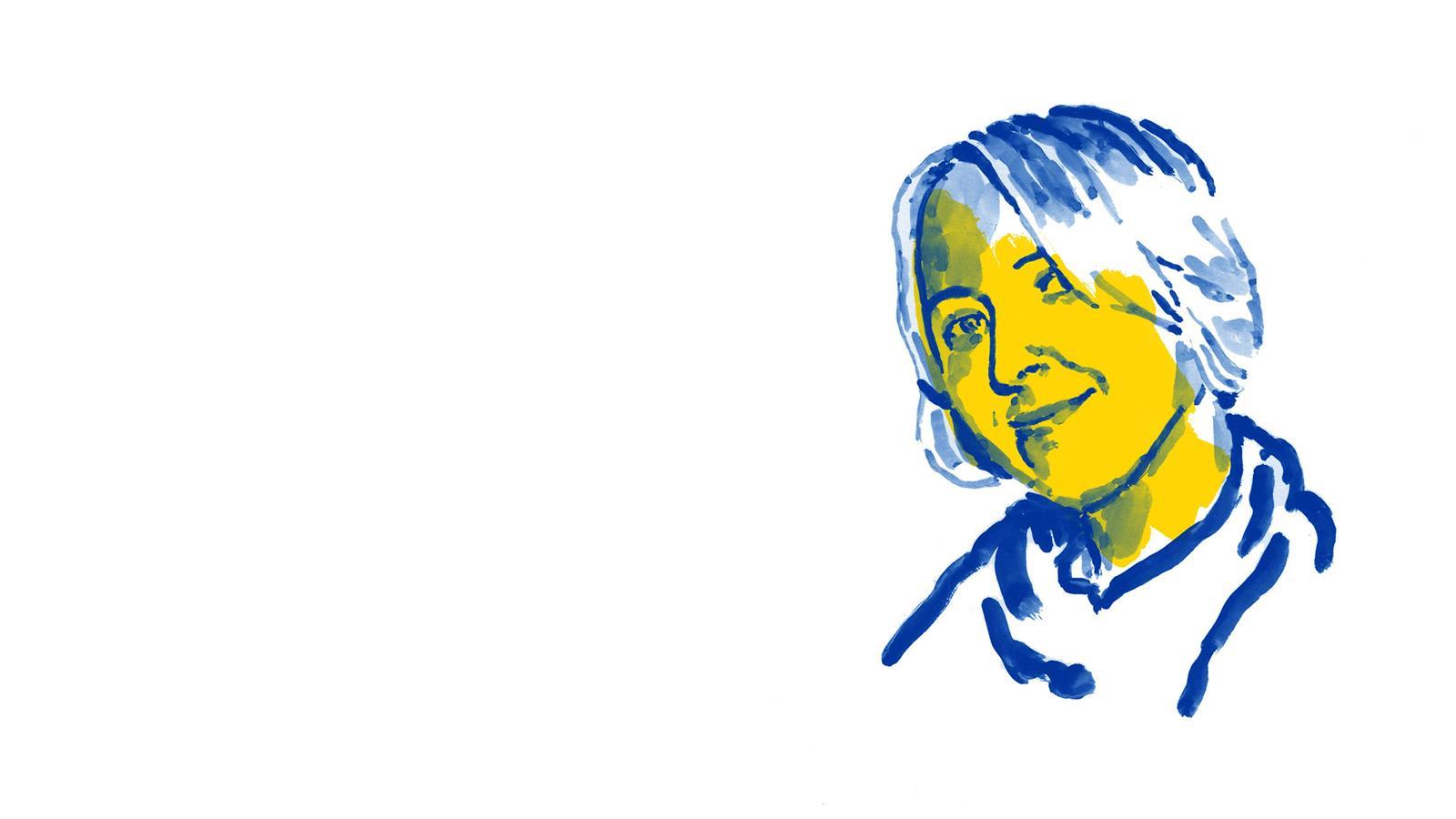


In February 2022, Olha Konshyna was on maternity leave from her job as a chemical technologist. After the invasion she left Kyiv for Vinnytsia to protect her child. Konshyna returned to Kyiv last September, and returned to the laboratory in December
‘We go to work while there’s electricity, and when there are power cuts we take our laptops to the nearby shopping mall and work there.’
‘We don’t have power generators and it’s 14°C in the lab, so some reagents freeze.’
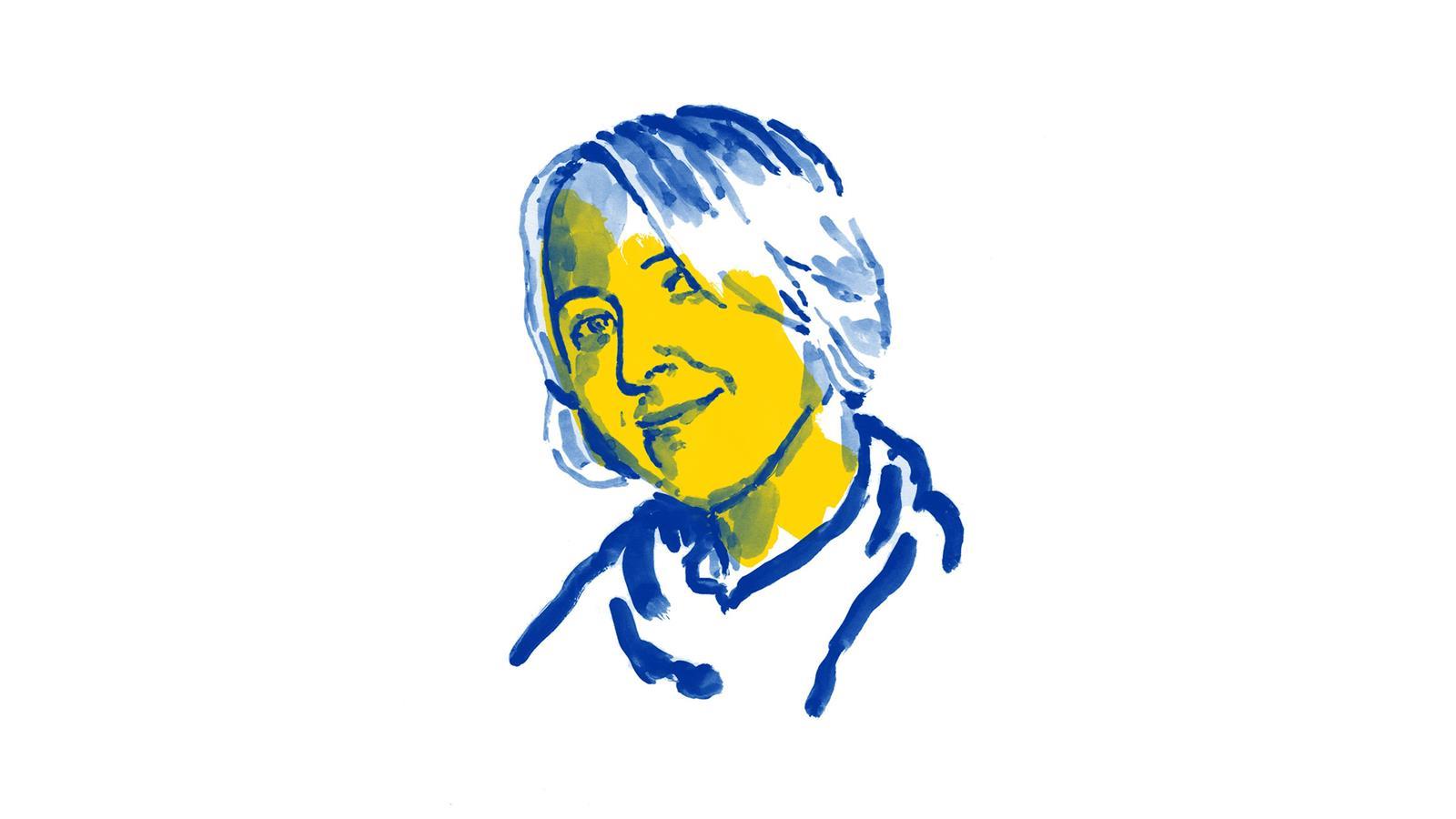


In February 2022, Olha Konshyna was on maternity leave from her job as a chemical technologist. After the invasion she left Kyiv for Vinnytsia to protect her child. Konshyna returned to Kyiv last September, and returned to the laboratory in December
‘We go to work while there’s electricity, and when there are power cuts we take our laptops to the nearby shopping mall and work there.’
‘We don’t have power generators and it’s 14°C in the lab, so some reagents freeze.’
At the beginning of last year, quite a few job opportunities were created for Ukrainian scientists, which were met with gratitude. At that time, however, many in Ukraine were more preoccupied with evacuating, looking for ways to help others, and just trying to cope with the stress, so not everyone was capable of adding to this the workload of job application processes. In addition, the majority of the offers appeared in the first months of the renewed Russian invasion, but, according to a report from Science For Ukraine, the initiative aggregating the offers available for Ukrainian scientists, the number of listings has dropped significantly since February 2022.
Another issue is that most of the assistance is provided as placements abroad, hence is not accessible to many people who cannot or don’t want to leave the country. With the Russian invasion taking its toll on the Ukrainian economy, government funding opportunities are scarce and often prioritise applied research. Help from international partners is very much needed to sustain scientific development, and local scientists keep appealing for such help. Ways to support scientists continuing their research in Ukrainian laboratories include providing remote access to libraries and computational facilities, hosting virtual conferences, allowing the translation of educational materials into Ukrainian, donating equipment and just being more open to delivering items to Ukraine. There are also multiple fundraisers for anyone willing to contribute to the restoration of damaged research facilities, and recently the National Research Foundation of Ukraine issued an appeal for donations to support Ukrainian scientific projects.
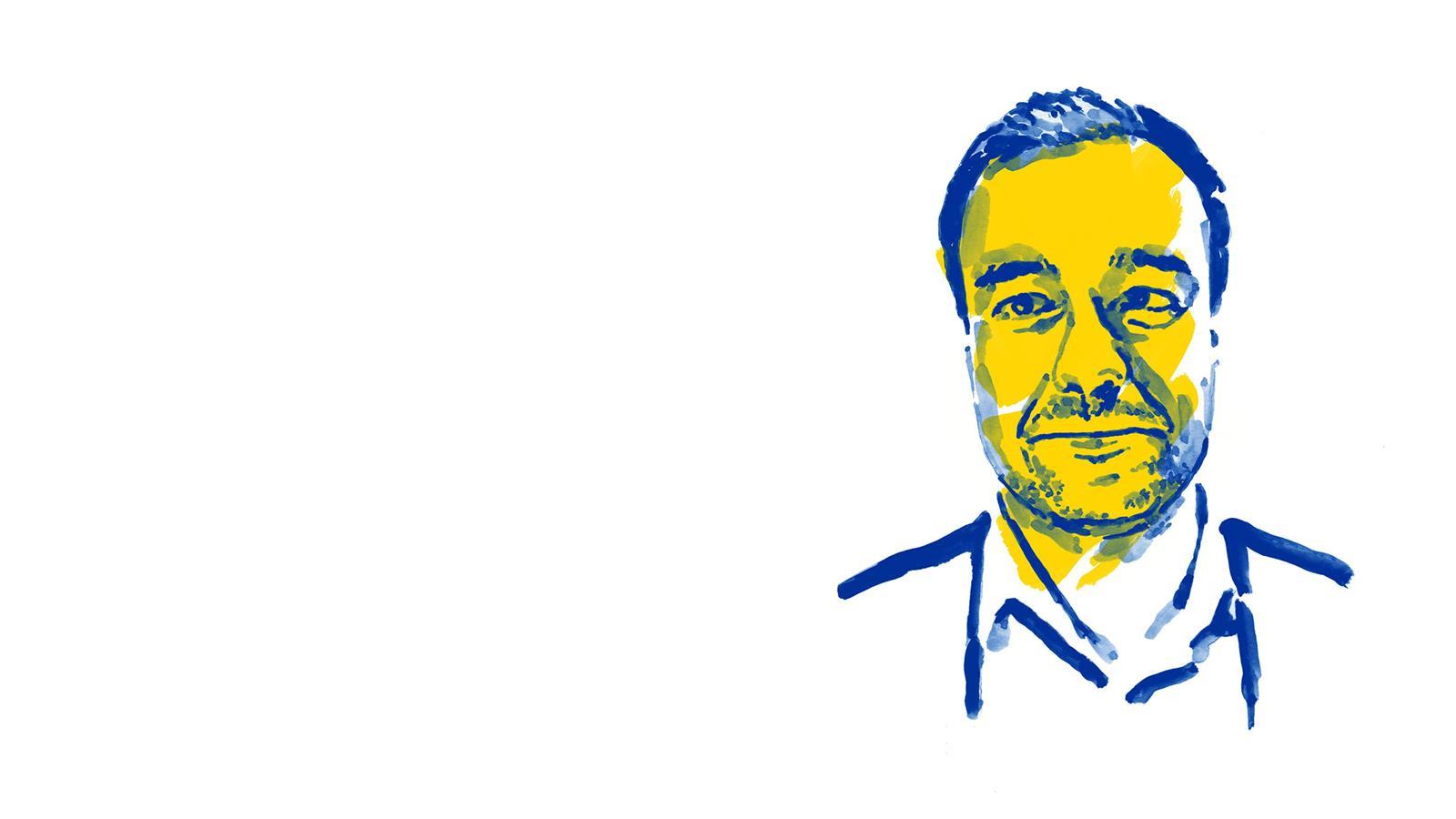


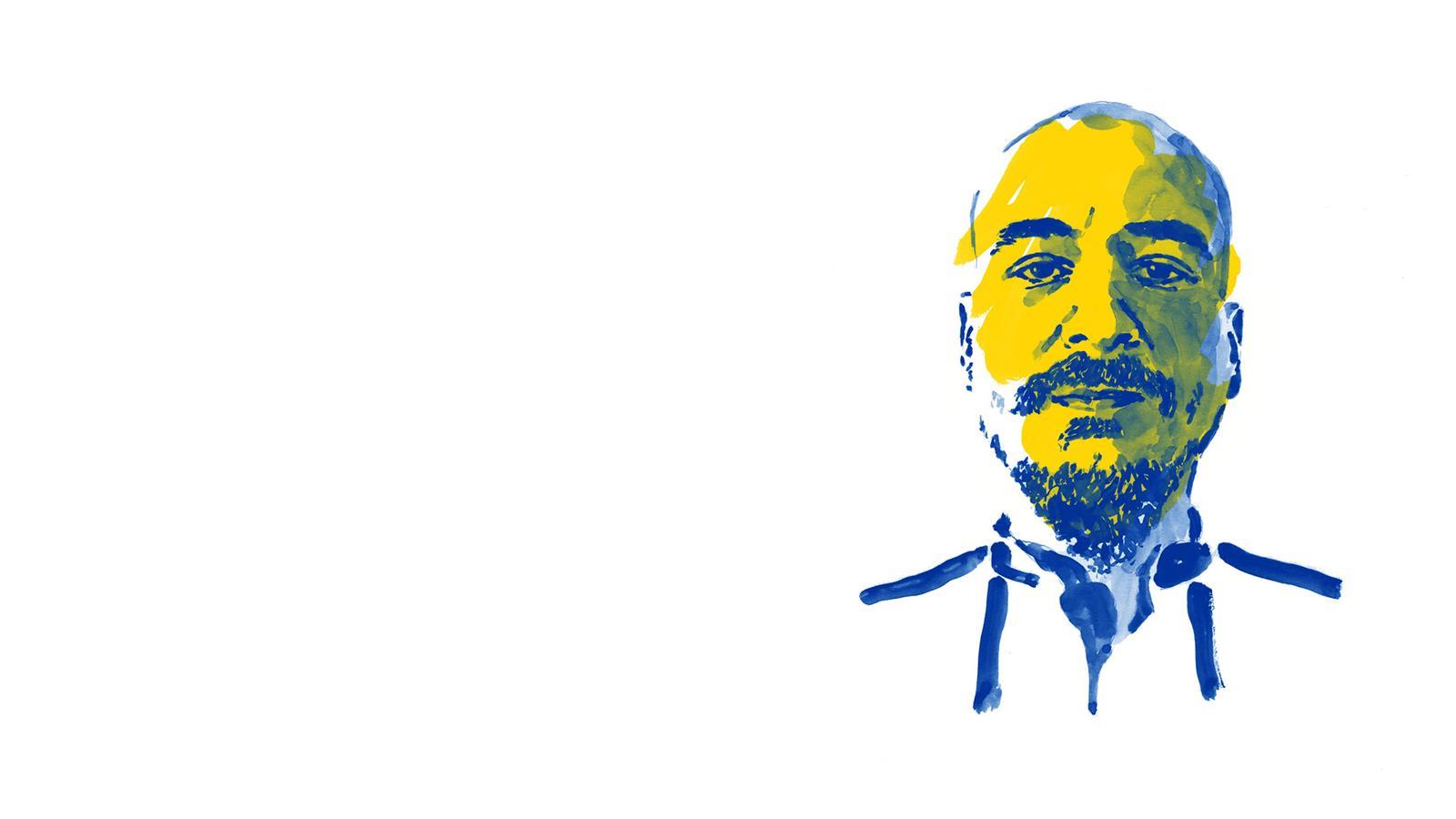


Ilias Shcherbakov is an academic secretary for the Institute for Single Crystals in Kharkiv. Airstrikes in early 2022 damaged some of the Institute’s buildings; Shcherbakov remained at work to maintain expensive research equipment. Kharkiv is now out of range of Russian artillery, but missile strikes continue
‘Purchasing equipment and spare parts for repairs was tough. We had to contact manufacturers, but until maybe October or November nobody even tried to listen to us.’
‘Luckily we are having a very warm winter, so it helps us to run our equipment. We hope we keep having a warm winter until March or April because I can hardly imagine what we'd do if it was -20°C for a week or two.’
Volodymyr Buryanov is the lab head at Enamine in Kyiv. Immediately after the full-scale Russian invasion his family went abroad; he remained in Ukraine. Enamine briefly shut down but resumed operations once Russian troops were repelled from the outskirts of Kyiv. Buryanov’s family has now returned home, and Enamine is operating at full capacity
‘The air raid sirens affect when I go to work. If they begin first thing in the morning, then I stay home. We sit under the stairs in the house with my son.’
‘We work with high-pressure reactors, often jokingly called bombs. So we are not so afraid of bombs from outside.’
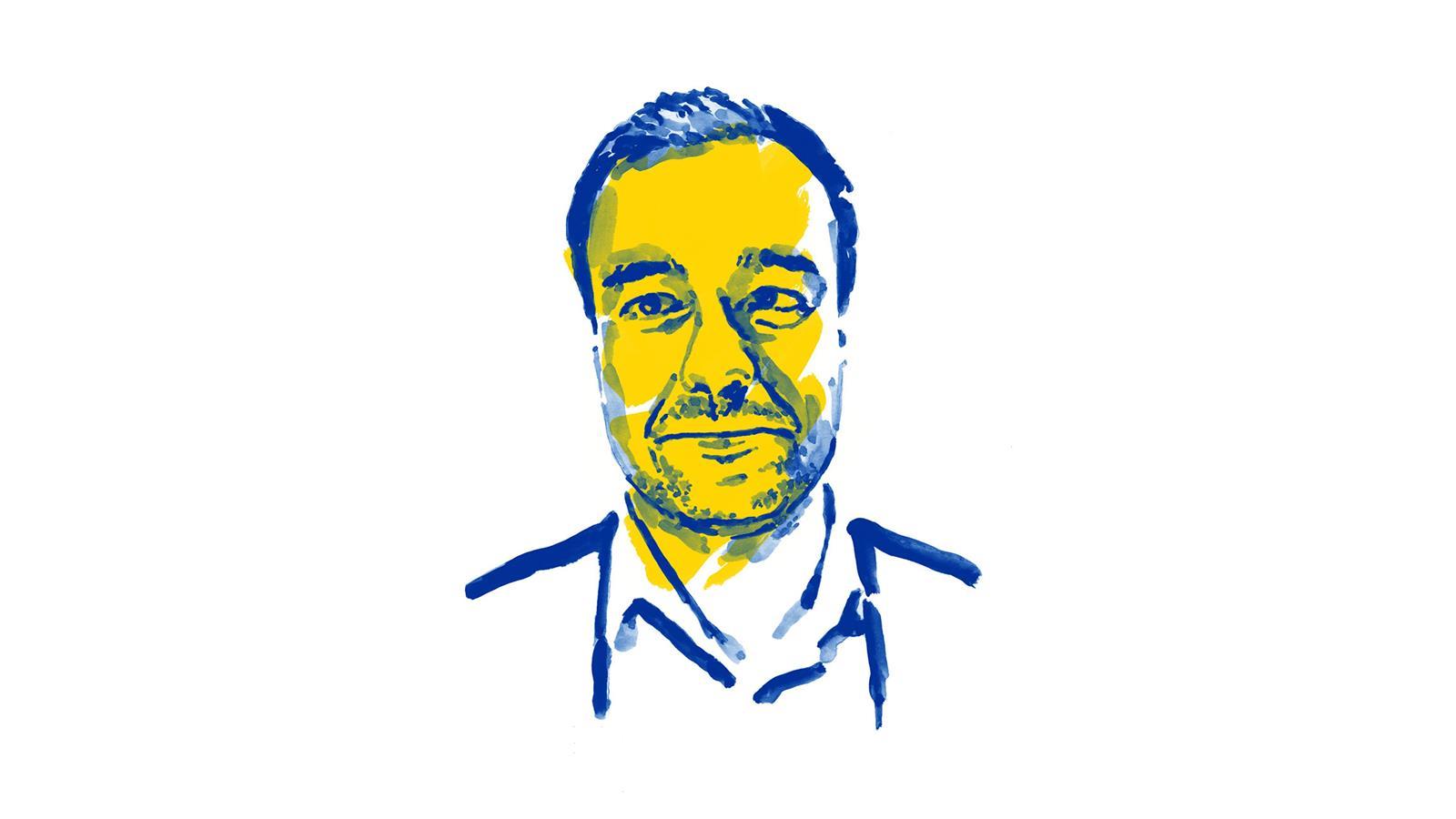


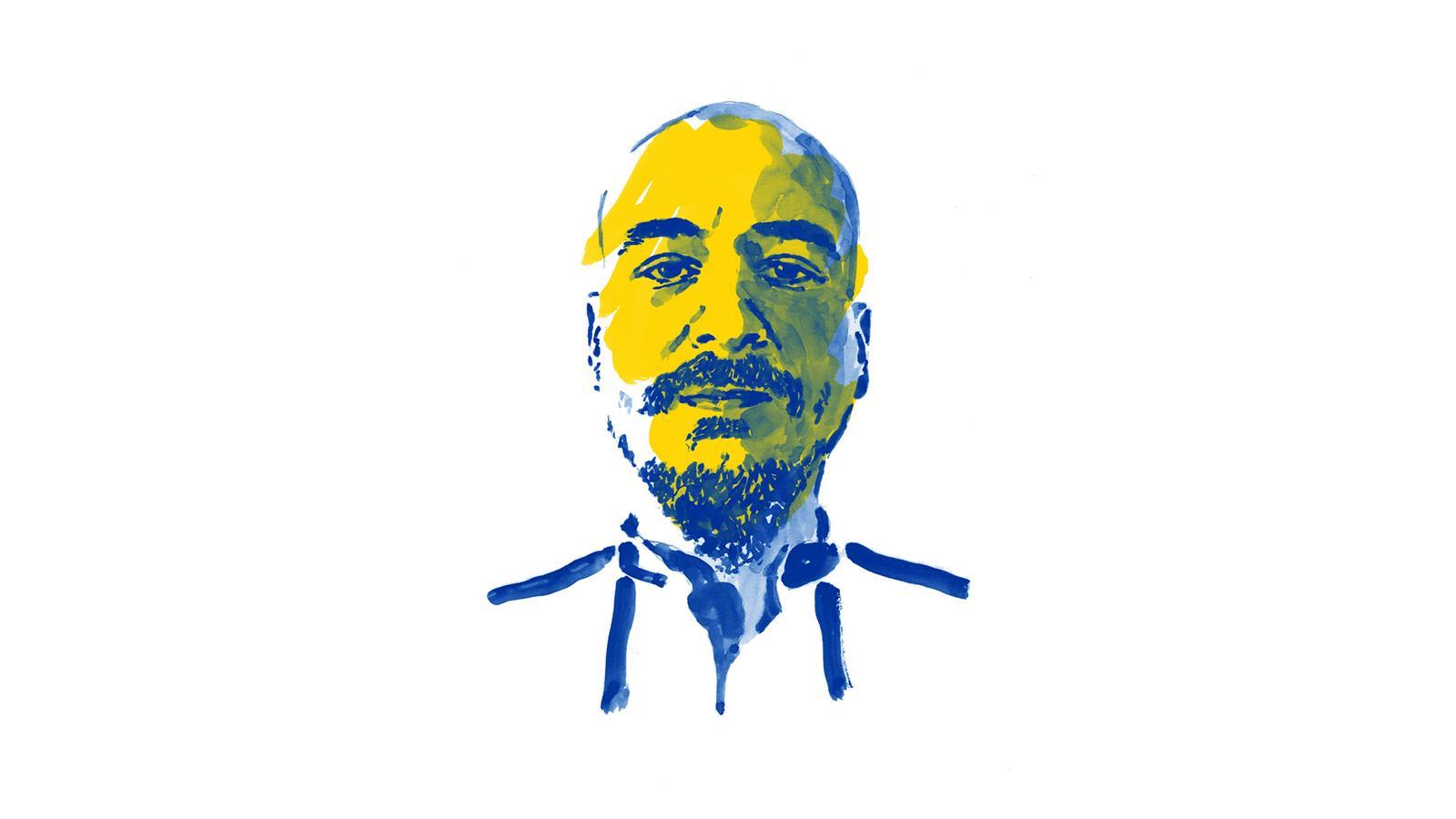


Ilias Shcherbakov is an academic secretary for the Institute for Single Crystals in Kharkiv. Airstrikes in early 2022 damaged some of the Institute’s buildings; Shcherbakov remained at work to maintain expensive research equipment. Kharkiv is now out of range of Russian artillery, but missile strikes continue
‘Purchasing equipment and spare parts for repairs was tough. We had to contact manufacturers, but until maybe October or November nobody even tried to listen to us.’
‘Luckily we are having a very warm winter, so it helps us to run our equipment. We hope we keep having a warm winter until March or April because I can hardly imagine what we'd do if it was -20°C for a week or two.’
Volodymyr Buryanov is the lab head at Enamine in Kyiv. Immediately after the full-scale Russian invasion his family went abroad; he remained in Ukraine. Enamine briefly shut down but resumed operations once Russian troops were repelled from the outskirts of Kyiv. Buryanov’s family has now returned home, and Enamine is operating at full capacity
‘The air raid sirens affect when I go to work. If they begin first thing in the morning, then I stay home. We sit under the stairs in the house with my son.’
‘We work with high-pressure reactors, often jokingly called bombs. So we are not so afraid of bombs from outside.’
I believe in Ukraine’s victory and the more military help Ukraine gets, the sooner it happens. After that, however, we’ll still face multiple other challenges, including fighting climate change. Helping scientists to stay in research and harness their potential, and supporting the education sector even in the bleakest circumstances, such as times of war, is the best investment in our future.
Ukraine’s chemists persevere through a year of war
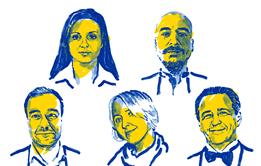
One year into the full-scale Russian invasion, Ukrainian chemists face blackouts and missile strikes
 Currently
reading
Currently
reading
Keeping up support for Ukraine
- 2
- 3
- 4
- 5
- 6
- 7
- 8















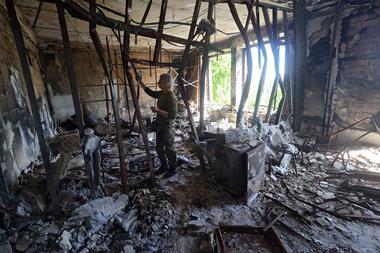
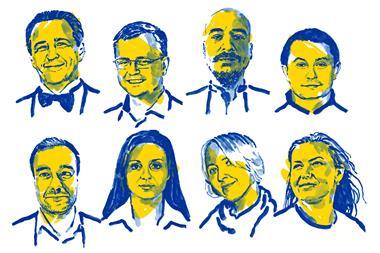
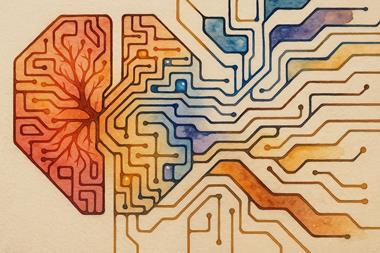
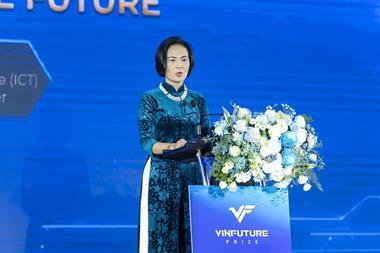

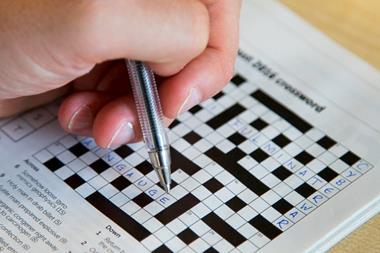

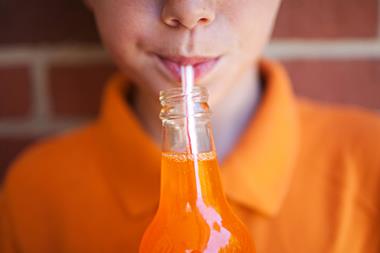
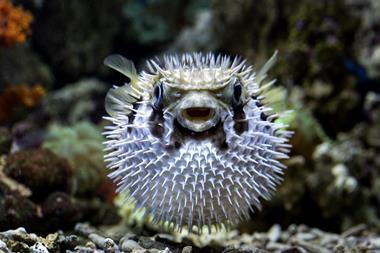



No comments yet